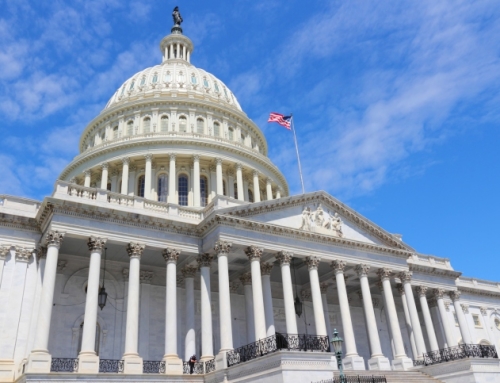New Jersey Gov. Phil Murphy on Monday signed into law a controversial bill aimed at supporting the rights of temporary workers.
The legislation, dubbed the “Temporary Workers’ Bill of Rights,” was approved Feb. 2 by the New Jersey Senate in a 21-16 vote after the legislature concurred with changes recommended by the governor last September.
The bill requires temporary workers to be paid at least the same average rate of pay and equivalent benefits as the third-party client’s permanent employees performing the same or similar work on jobs that require equal skill, effort and responsibility, the governor’s office announced. Staffing firms and their clients will also be prohibited from charging fees to transport temporary workers to their work sites.
The bill prohibits staffing firms from restricting temporary workers from accepting a permanent position with a third-party client to whom the temporary laborer has been referred.
The bill also prohibits pay deductions for meals and equipment that would reduce temporary workers’ pay below minimum wage.
“Our temporary workers, regardless of their race or status, are key contributors to the workforce in our state,” Murphy said. “Signing the Temporary Workers’ Bill of Rights establishes necessary guidelines for temporary help service firms and third-party clients to ensure that these workers are afforded basic protections and treated with the dignity they deserve.”
Alexis Bailey, VP of government affairs at the New Jersey Business & Industry Association, said in a statement that NJBIA appreciated the intent of the bill but that at least one key provision of it would so greatly drive up the cost of utilizing temp firms that it would “jeopardize legitimate temp agencies, harm third-party businesses that use them and, as a result, provide less opportunity for those seeking temporary employment.”
“The bill passed by the Senate today … requires temporary workers to be paid the average compensation rate and benefits or the cash equivalent of the average cost of benefits paid to their employee counterparts,” Bailey said. “As a result of this, some temporary workers will be making more than permanent employees whose wages are determined by seniority and experience. There are also many logistical burdens to consider, as temp agencies contract with multiple businesses that offer different benefits packages. All of this will serve to make it extremely difficult to provide jobs for temporary workers.”
The New Jersey Department of Labor will now have to establish rules with regard to implementing the provisions of the bill, and the staffing industry aims to have input in that process, Toby Malara, VP of government relations for the American Staffing Association, told SIA.
“We look forward to working with the Department of Labor, seeing what they come up with as draft rules, commenting on them and going through the rules process as they get drafted for this bill,” Malara said.
An additional step to be done is working with senators who had concerns about the original bill to craft a legislative fix or alternative bill that would “clean up some of the more problematic areas” that resulted in the governor’s conditional veto, according to Malara.
“I think those are the areas that we are going to continue to focus on,” he said. “Those are the two avenues right now that are available to the industry or opponents to the bill that has been passed.”
The law goes into effect 180 days from its signing.









